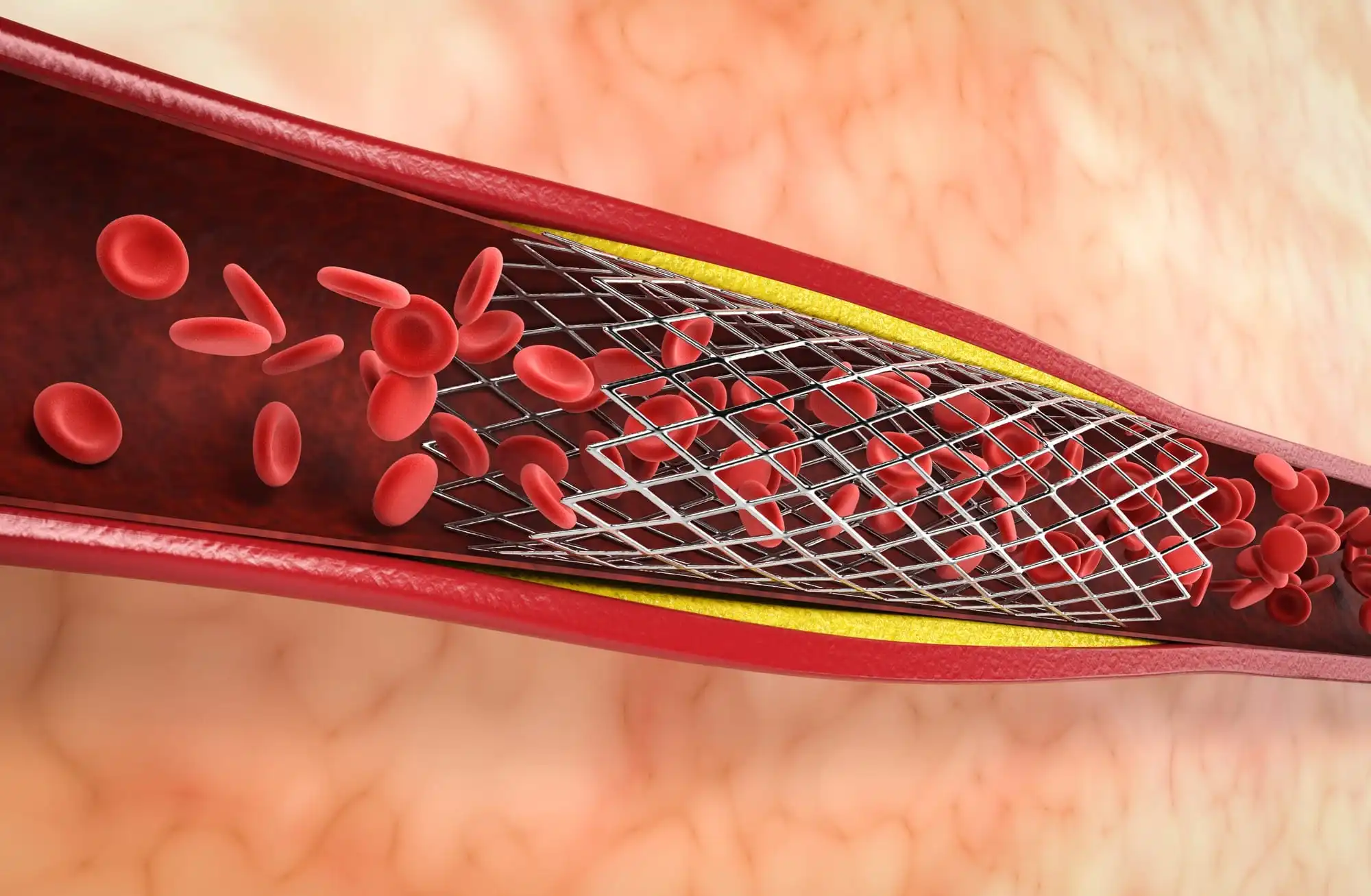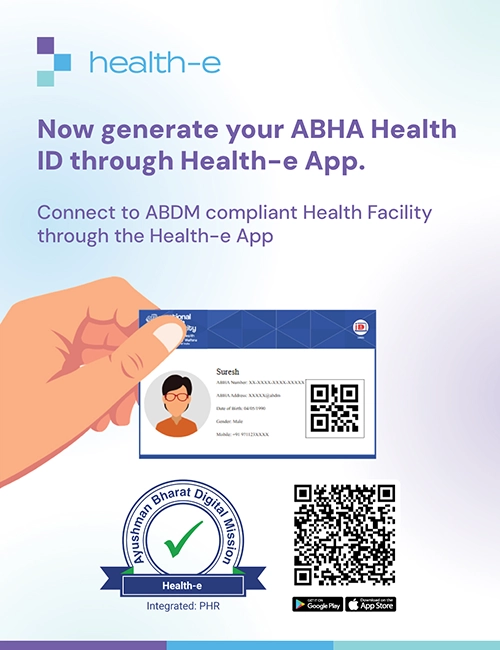From the initial double marker test and triple marker test to the end trimester 2D, 3D, and 4D scans, several different types of scanning during pregnancy are crucial for tracking the development of your foetus.
In this article, we’ll tell you about nine types of pregnancy scans you need to take to understand your baby’s health.
9 Types of Scanning During Pregnancy in India
Types of Scanning During Pregnancy in India are:
1. Dating Scan with Cardiac Activity
The dating scan with cardiac activity is considered the most important one. This scan is usually done between 8-14 weeks of pregnancy and aims to confirm the gestational age, assess foetal growth and development, and detect any potential abnormalities. It uses ultrasound technology to create images of the developing embryo or foetus.
The presence of cardiac activity during this scan is crucial as it indicates a viable pregnancy. It also helps doctors determine if any risks are associated with the pregnancy, such as miscarriage or ectopic pregnancy, which can be life-threatening for both mother and child if left untreated.
2. Date Estimating Scan
A date estimated scan during pregnancy helps predict a baby’s due date and is typically performed during the first trimester (8 to 11 weeks) and involves using ultrasound technology to measure the size of the foetus. The information gathered from this scan can then be used to estimate when the baby will likely be born.
It’s important to note that while date estimated scans can provide an approximate due date for delivery, they are not always 100% accurate. Maternal age and foetal growth rate can impact the final due date.
3. NT Scan 3D
An NT scan is an essential pregnancy scan during the prenatal period pregnant women in India undergo to assess the chances of their baby developing chromosomal abnormalities. It stands for Nuchal Translucency scan and is typically conducted between weeks 11 and 14 of pregnancy. During this procedure, a sonographer measures the thickness of the skin at the back of the baby’s neck, which indicates potential genetic disorders such as Down Syndrome.
The NT scan is non-invasive and poses no risk to expectant mothers or their babies. It provides valuable information about foetal development by measuring nuchal translucency and identifying any possible structural anomalies affecting your baby’s health.
4. Anomaly Scan
The anomaly scan is typically performed between 18 to 20 weeks of pregnancy. This ultrasound exam is a comprehensive assessment of foetal anatomy, examining each part of the baby’s body to identify any potential abnormalities or defects.
During an anomaly scan, a sonographer will use high-frequency sound waves to produce detailed images of the developing foetus. The exam thoroughly examines the head, brain, heart, spine, limbs, and other organs. This allows for early detection and diagnosis of serious medical conditions that may affect the baby’s health or development after birth. Additionally, an anomaly scan allows parents to see their unborn child in more detail.
5. Foetal Echo
A foetal echo is a non-invasive and safe pregnancy scan to check the health of an unborn baby’s heart. It is usually done between 23 to 24 weeks of pregnancy when the heart has developed enough to be examined in detail. The test uses ultrasound technology to produce images of the foetus’ heart, providing doctors with valuable information about its structure and function.
The foetal echo scan allows doctors to identify potential problems with the baby’s heart early on, which can help them provide timely treatment or intervention. During the scan, the sonographer will look at various aspects of the foetus’ heart, such as its size, shape, rhythm, and blood flow patterns. They will also examine other structures close to the heart, such as major blood vessels connected to it.
6. 2D Scans
2D scans are another non-invasive pregnancy scan done between 26 to 32 weeks. A 2D scan is an ultrasound used to examine the developing foetus during pregnancy. It is one of several scans that may be performed throughout pregnancy to monitor foetal health and development. The 2D scan is considered the most basic type of ultrasound and produces flat, two-dimensional images of the foetus. It can also confirm multiple pregnancies or identify potential complications such as ectopic pregnancy.
While a 2D scan provides valuable information about foetal development, it has some limitations. For example, it may not provide detailed images of certain anatomical structures or organs.
7. 3D Scan
A 3D scan for pregnancy is an ultrasound technology that creates three-dimensional images of the foetus in utero. During this scan for pregnancy, high-frequency sound waves are used to create detailed images of the foetus. The process is non-invasive and typically takes less than an hour to complete. It can be performed at various stages during pregnancy. However, they are most commonly done between weeks 26 and 30 to help identify any potential issues with foetal development or abnormalities that may require further evaluation or treatment.
8. 4D Scan
4D scan for pregnancy is an advanced ultrasound technology that produces high-quality images of the developing baby in real-time. Unlike traditional 2D ultrasounds that produce flat images, 4D scans create a three-dimensional image with added depth and movement. This means you’ll be able to see your baby moving around inside your womb, almost like watching a live video feed. It can be done any time during your pregnancy but is generally done between 26 to 30 weeks.
9. Foetal Doppler
A foetal doppler scan is a procedure that uses ultrasound technology to monitor the foetal heartbeat during pregnancy. This non-invasive test can be at 28 to 32 weeks.
During a foetal doppler scan, high-frequency sound waves produce images of the developing foetus. The device used for this test consists of a wand-like instrument that emits sound waves through the abdomen into the uterus. These sound waves bounce back off the foetus and create an image on a computer screen that allows healthcare professionals to visualise and measure various aspects of foetal development.
| Scan | Type of Scan | When to Do | Estimated Cost (INR) |
| First Trimester | |||
| Dating Scan with Cardiac Activity | Ultrasound | 6-8 weeks | ₹800-1500 |
| Date Estimating Scan | Ultrasound | 8-11 weeks | ₹800-1500 |
| NT Scan 3D | Ultrasound | 11-13 weeks | ₹3000-4000 |
| Second Trimester | |||
| Anomaly Scan | Ultrasound | 18-20 weeks | ₹1000-4000 |
| Foetal Echo | Ultrasound | 23-24 week | ₹2500-3000 |
| Third Trimester | |||
| 2D Scans | Ultrasound | 26-32 weeks26-32 weeks | ₹2000-3500 |
| 3D Scans | Ultrasound | 26-32 weeks | ₹1500-5000 |
| 4D Scans | Ultrasound | 26-32 weeks | ₹2500-5000 |
| Foetal Doppler | Ultrasound | 26-32 weeks | ₹2000-2500 |
Store Your Pregnancy Scan Reports Safely with Health-e!
Taking all of your pregnancy scans is crucial to keep track of the foetal growth and help you lay hold of the necessary steps if anything seems wrong. And most of the time, you need to store the reports in physical format to take them with you during every other scan during pregnancy. But how convenient is that? Not at all. But not bringing them with you for every doctor’s visit is also not a solution. So, how to solve the problem of carrying bulky medical scan reports? With a digital health locker like Health-e!
Take ownership of your health by digitising your medical records, including the different types of scans during pregnancy. Access all your health information in one place – anytime and anywhere!
FAQs
1. What is an ultrasound scan?
An ultrasound scan, a sonogram, is a non-invasive medical imaging technique that makes use of sound waves with high frequency to capture images of the body’s internal structures. It is commonly used for diagnostic purposes and can be performed on many body parts, including the abdomen, pelvic area, breasts, thyroid gland, heart, and blood vessels. In pregnancy, ultrasound scans regularly monitor foetal development and check for abnormalities or complications.
2. Is ultrasound in pregnancy safe?
When done by a proper healthcare provider, an ultrasound is safe for both the mother and the baby. Sound waves are used instead of radiation, making it a safer option when compared to X-rays.
3. How much does ultrasound costs?
The cost of ultrasound scans depends on the location you’re staying in. The stage at which you’re doing your ultrasound scans also majorly influences its price, where the first trimester scans are normally between ₹800-1500 and third-trimester scans are around ₹1500-5000.





